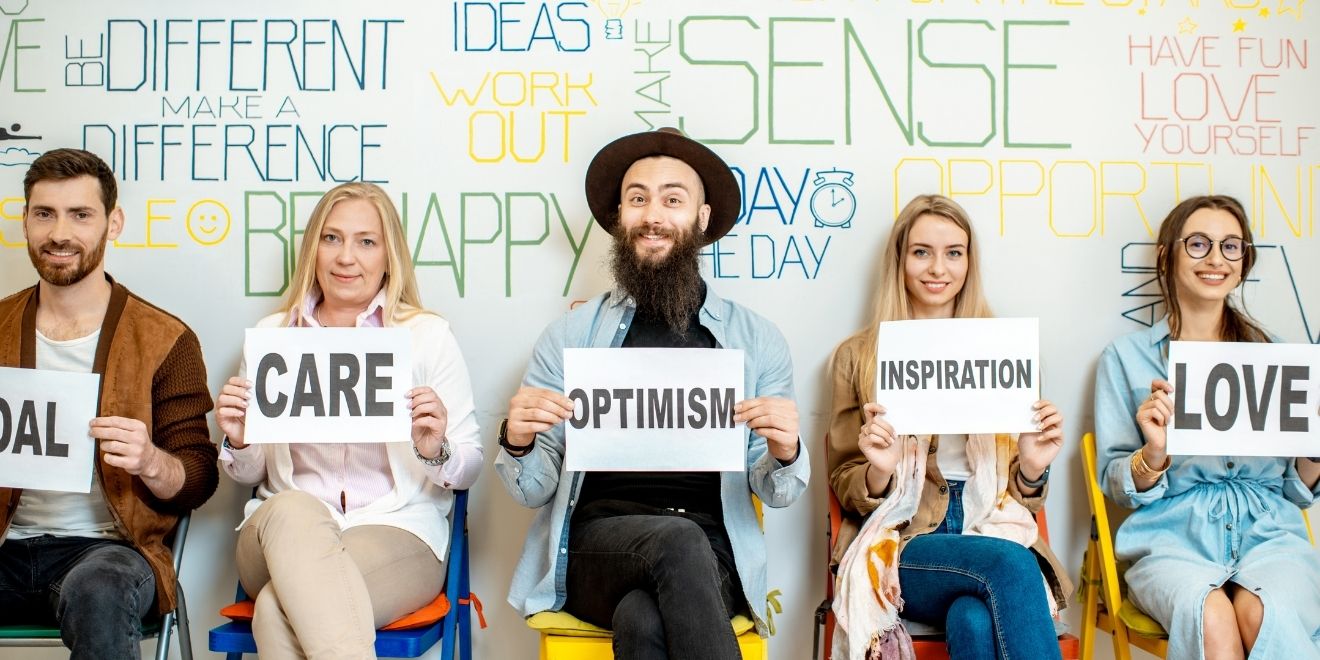
Every year has its ups and downs, highs, and lows, but 2020 had many downs and lows.
The obvious of this is the COVID-19 pandemic that ravaged and claimed the lives of millions of people globally. Then there was the Black Lives Matter movement, among many other issues that we had to face as a society. It didn’t come easy for anybody, considering that we had to deal with different problems simultaneously with various parts of our lives clashing.
The workplace wasn’t excluded from many of the changes that the year 2020 brought with its problems. Remote working became a big deal in 2020, and companies that didn’t have a remote work culture had to adapt quickly and many struggles, mainly because they were not used to it.
Schools weren’t left out as well. Students had to stay away from their schools for an extended period and were later forced to pick up the remote learning option, which many weren’t used to. 2020 was indeed a tough year, and we all had our fair share of the difficulties it presented.

However, all of these have brought to light how important our mental health is. Without a doubt, 2020 tested everybody’s mental health. Now, a topic that is rarely discussed or brought up is a central focal point. Everyone is now conscious of their mental health, which is probably one of the few positives that we can bring out of 2020.
The start of a new year means that we can all look beyond 2020 and look forward to a better year, 2021. It feels like a breath of fresh air, and you might want to call it a fresh start. We can now pick up our lives again and start to rebuild. This time, with some of the lessons we learned from 2020 – the importance of mental health being a big lesson.
With this in mind, we look at some of the current trends in mental health post-pandemic and the most significant predictions for 2021 across different sectors, including the workplace, school, etc.
Increase in remote working
The most significant and most prominent mental health trend is the normalization of remote working. There was a time when remote working was not an option for many companies. It just didn’t make sense that an employee wakes up in the morning and isn’t on the next bus or train or anything at all to their workplace. However, the pandemic-induced rise in remote working means many companies were forced to adapt to this work system. Now many people predict that it is here to stay!

You could argue that many companies didn’t adopt this system because they didn’t understand it or see its benefits. Now that they’re forced into it, they have realized the many benefits that come with remote working: flexibility, efficiency, cost-effectiveness, and so on. It is unlikely that many businesses will fully return to the previous work model.
This will also be because leaders of many companies will be more compassionate with their employees. Understanding how stressful it might be to get to work and back home every day and how it might affect the employees’ mental health will be poised to continue with remote working. This way, the employees will be more relaxed, less stressed, and therefore more effective.
Prioritization of employee mental health
The mental health of individuals is something that is rarely discussed across different organizations and institutions.
First, it was the pandemic with news of people getting infected and dying in their numbers, then the lockdown and being stuck at home for months.
Many people were affected in many ways even though they or any family member wasn’t infected. The whole sequence of events took a toll on the mental health of everybody. A recent poll by Gallup revealed that individuals’ emotional well-being and mental health were at their lowest in the last two decades.

While many companies continued to run virtually, some have already returned to active operations with numerous protocols in place. However, what is clear is business leaders realize the importance of prioritizing the wellness and mental health of their employees. This is one of the most significant predictions for mental health in 2021.
Everybody, including business leaders and company executives, now put the mental health of their employees first. As the year ages, we expect that business leaders take steps to ensure that they support the mental health of the people working with them remotely or in-person. It could be by reducing workloads and work hours, increasing time offs and PTOs, encouraging vaccinations, etc.
Mental health in the education sector
With mental health becoming a major topic of discussion in different spheres, we expect it to be a major topic in schools. As Kevin Bryan, an author and mental health advocate,
“mental health will be better taught in schools so that the students can understand its importance and impact. But before this can happen, more attention has to be given to the teachers and their mental health as well.”

Credit to the NHS and all the frontline workers. However, some of the unsung and unseen heroes of this pandemic are the teachers and educators. Many parents only realized how much work educators do when the lockdown put them in the position to teach their kids. Before the pandemic, teachers were often underappreciated. However, during the pandemic, they still made out time to teach their students virtually and ensure that they carry everyone along. There is no telling how stressful that would have been and how it may have affected their mental health.
More family discussions around mental health
While you might forgive other institutions for not prioritizing mental health until recent events, it is astonishing that it is rarely discussed in the family as well. Thankfully, this is changing now. The limelight on mental health at schools, workplaces, and several other institutions will end up with the family becoming more conscious of each other’s mental health. This will lead to more in-depth and more engaging conversations that will be liberating for many.

People battling with their mental health need their families around them to understand them and help them fight through it. However, we are often engaged in too many other discussions and activities to bring up or even notice a mental health struggle to one of them. Thankfully, people are more sensitive now, and that will go a long way.
Conclusion
The increase in sensitivity to mental health is such a big plus and is perhaps one of the biggest positives that 2020 brought out of us. These predictions are some of those improvements we expect to see in 2021 involving mental health.
Author Bio
Charlie Svensson is a fast, engaging, freelance writer. He is skilled in content writing, blogging, and dissertation writing services. His posts’ favorite topics are education, social media, marketing, SEO, motivation blogging, and self-growth. Excellent adaptability of skills to reach diverse audiences.





